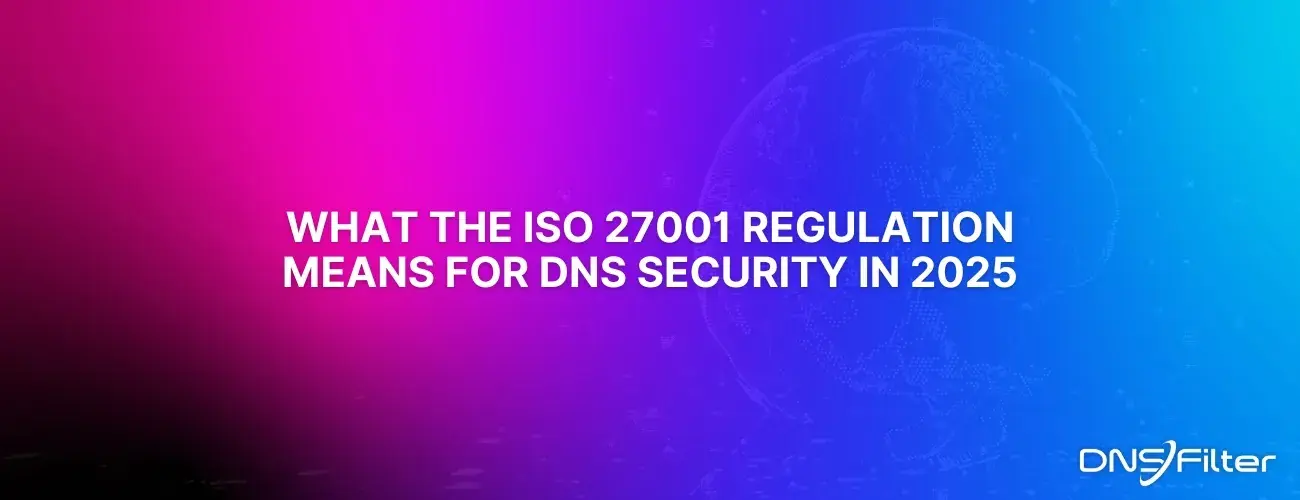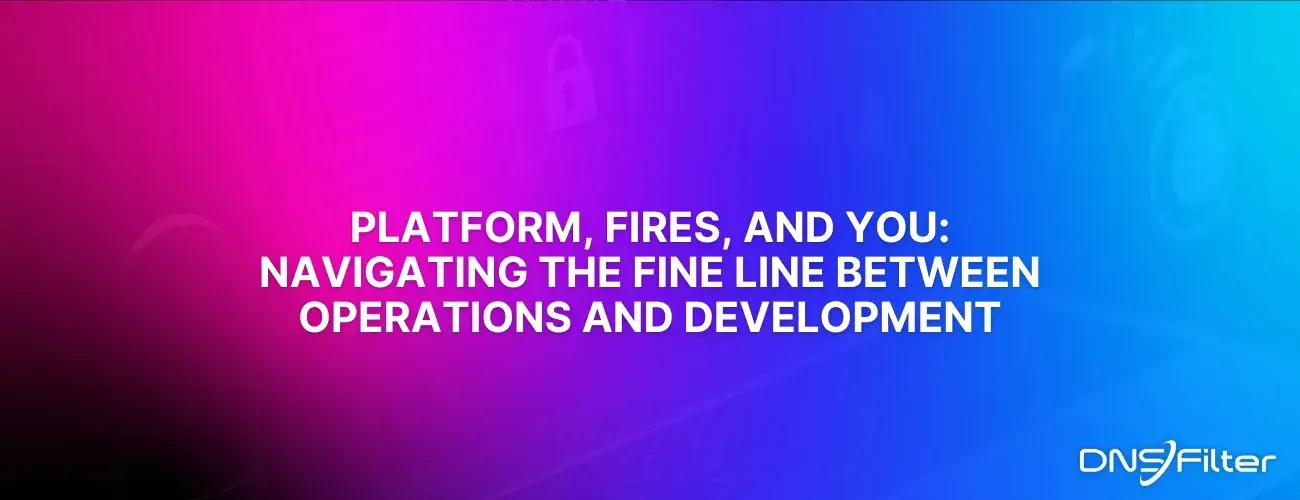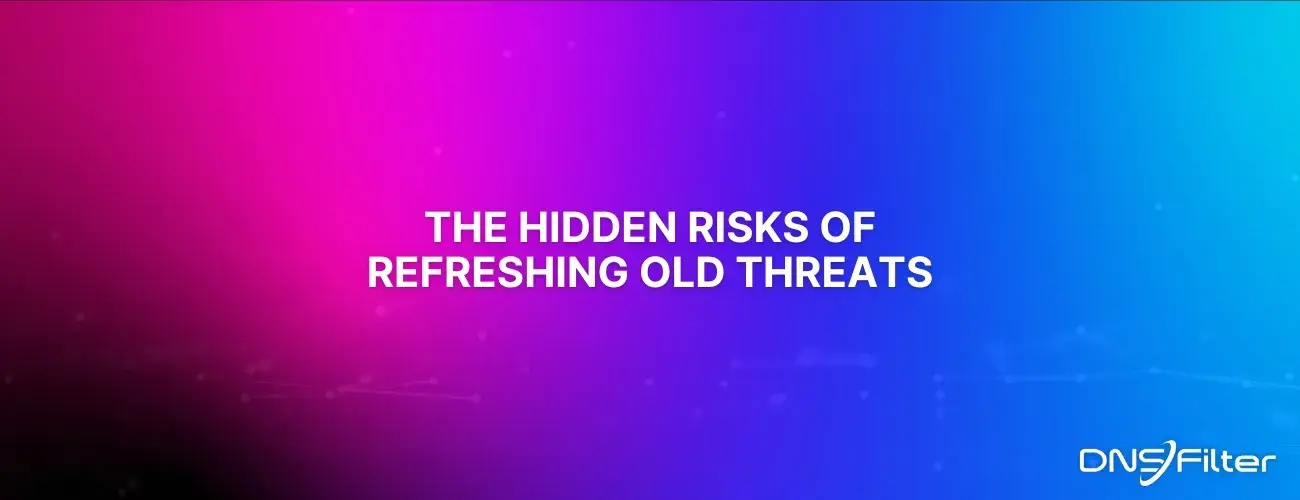Share this
An Update On Yesterday’s Auth0 Outage Impacting DNSFilter Customer Logins
by Ken Carnesi on Apr 21, 2021 12:00:00 AM
On Tuesday, April 20th at approximately 16:00 UTC, we began to receive tickets from users stating they were unable to log into the DNSFilter dashboard. At the same time, our API monitors indicated that there were similar issues with the authentication API for DNSFilter.
The investigation immediately uncovered that our authentication provider, Auth0, was having a major outage in their primary (US-1) data center. This outage was not only affecting DNSFilter, but also a large portion of the other 9,000 enterprises that rely on Auth0. The outage immediately triggered our incident response process, and at 16:09 UTC we posted a message to our status page indicating that we were working on the issue and that DNS resolution was not affected in any way; only the ability to log in to the dashboard.
Unfortunately, the message posted to our status page did not make clear that Auth0 was the cause of the outage and could have been more clear that there was nothing to worry about, as analytics, threat blocking, content filtering, etc. were all still fully operational.
Additionally, throughout this time, the DNSFilter support and infrastructure teams maintained the ability to pull data or make network changes on behalf of customers with an urgent need. I want to confirm that at no time were DNSFilter systems impacted. No networks were affected and there was zero downtime, loss of data, or reduction in threat protection for any DNSFilter customer.
That being said, we'd like you to know that we take this incident seriously. Auth0 was chosen as our authentication provider in an effort to provide industry-leading security and privacy for our users. Although DNSFilter has never experienced any downtime from Auth0 in more than five years of use, this incident has highlighted the necessity for us to build clearer customer communications and have a solid run book should an incident of this nature happen again, just as we do with any other critical aspect of our infrastructure.
As of this post Auth0 reports complete restoration of availability and considers the issue resolved.
Please accept our sincere apologies for any concern or frustration for miscommunication around this issue. We are fully committed to learning from this incident and continuing to provide innovative technology that challenges the way the industry thinks about DNS security.
Sincerely,
Ken Carnesi
Founder & CEO
Share this
 What the ISO 27001 Regulation Means for DNS Security in 2025
What the ISO 27001 Regulation Means for DNS Security in 2025
Why DNS Security Matters for ISO 27001 Certification
DNS security is more than just a technical concern—it’s a pillar of ISO 27001 compliance. As businesses work to protect sensitive data, secure network infrastructure, and meet regulatory requirements, DNS security solutions play a critical role in achieving ISO 27001 certification and ensuring compliance with evolving security standards.
 Platform, Fires, and You: Navigating the Fine Line Between Operations and Development
Platform, Fires, and You: Navigating the Fine Line Between Operations and Development
The Old-School Operations Role: Backbone or Bottleneck?
In the early days of IT, the operations team was the unsung hero—the silent, and often siloed, force that kept everything running. They were responsible for the infrastructure: Servers, databases, and networks that powered the business. They managed deployments, monitored systems, and ensured uptime. If it was working, no one noticed them. If it wasn't? Well, then the questions started: "Wha...
 The Hidden Risks of Refreshing Old Threats
The Hidden Risks of Refreshing Old Threats
When Vintage Goes Viral (In All the Wrong Ways)
Remember that time you found your old Tamagotchi and thought, "Hey, this could be fun again"? Well, cybercriminals are having a similar nostalgic moment, but instead of resurrecting digital pets, they're breathing new life into outdated malware and long-forgotten data breaches. Welcome to the world of recycled cyber threats, where everything old is terrifyingly new again.


